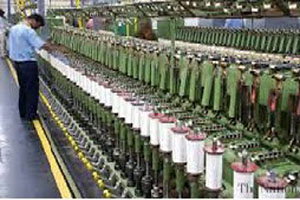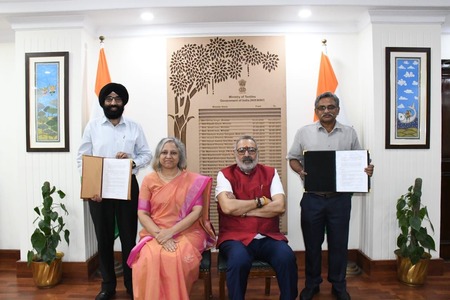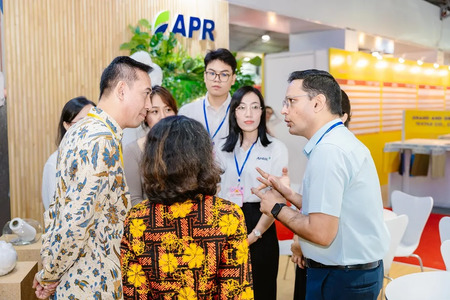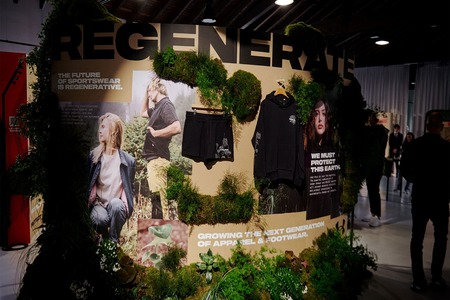
PTEA demands restoration of system gas for textile industry
YarnsandFibers News Bureau 2017-12-08 12:00:00 – FaisalabadPunjab based textile industry is already facing a serious blow of non-viability due to high cost of doing business. Moreover switching of system gas to high priced RLNG supply would serve to cripple the textile industry which is presently at a comparative disadvantage in respect of production costs in the region.
Pakistan Textile Exporters Association (PTEA) has expressed severe concern over suspension of system gas under quota regime and supply of high priced RLNG to export oriented textile industries in Punjab as it would further add to the high cost of doing business and would hamper the export pace.
He condemned the government's indifferent attitude towards the Quoting the gas tariffs within the region, he further said that the gas price in Bangladesh is USD 3/mmbtu, in Vietnam USD 4.2/mmbtu, in India USD 4.5/mmbtu; whereas in Pakistan system gas was available @ USD 7.6 and now RLNG would cost @ USD 11 per mmbtu.
With such a huge difference in tariff, it would be very difficult for the textile industry to compete with rival countries. Export oriented textile industry has an established right on the system gas , which the SNGPL is making expensive through unjustified steps. Industry in Punjab is predominantly gas dependent for its captive and processing use and switching from system gas to RLNG will negatively impact its production cost amidst prevailing disparity in energy prices within the country as well as the region.
Energy affordability is already a major concern but the SNGPL is meeting their financial ends at the cost of the industry . In order to attain competitive edge in international market, system gas should be supplied to export oriented textile industry across the board on equal prices, he demanded.
Vice Chairman Ammar Saeed is of the view that rising cost of doing business over last several years has not only stalled fresh investment in textile industry but has also hampered the export growth and turn over.
Punjab-based textile industry would be unable to compete even in domestic and international market in case the irritants are not removed. They have already lost the advantages of GSP Plus facility due to non-conducive situation.
PTEA urged the economic managers of the country to come forward and support the industry in regaining the phase of bringing back viability in textile industry and economic prosperity of the country. PTEA stressed for supply of system gas to export oriented textile industry on regionally competitive prices to secure its competitive edge in international market and to attain sustainable growth.
Government should also devise a comprehensive strategy to counter the issue in order to accelerate the industrial pace and also to save livelihood of millions of workers.
Export sector being lifeline of national economy is a very sensitive sector and disruption in the tempo or bottleneck in export facilitation not only hurts the exports of the country but also have devastating impact on the industry causing productivity loss, job losses and industrial unrest.
To keep the industrial wheel running and providing job employment to maximum working hands in the country, it is imperative to facilitate the optimum industrial activity.
Market Intelligence
Ask for free sample Report

experience
Customer Base
dedicated team
Countries Served Worldwide









